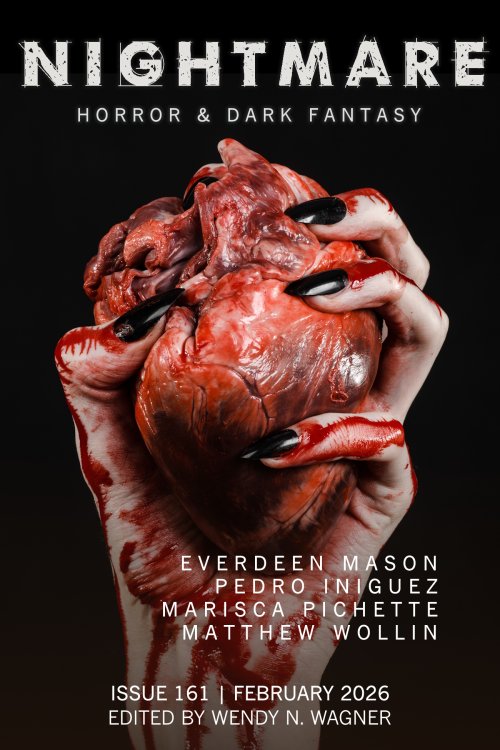Thanks so much for letting us read this story. It’s powerful and moody and flows incredibly well. What was your initial inspiration for it? Did you run into any challenges while writing it?
The thing that got me excited to write this story is the jaded and familiar voice of Bangkok taxi drivers. They’re my biggest driver, literally. Taxis decorated for spiritual protection aren’t such an uncommon sight either. This voice became irresistible when I was playing Cyberpunk 2077 and reading Terry Pratchett’s Going Postal. The urban intrigue and satirical tone gave wings to Somsak’s voice.
As for the supernatural aspects, I’m a big fan of Ghost Radio. On their channel, taxi ghost stories are pretty clichéd, right along with hotel room hauntings and after-school encounters. So I took that narrative tradition and added a little twist where the ghosts are not the monsters. There’s also the other significant inspiration. Please search “Ferrari hit-and-run scandal Thailand.” My biggest obstacle was figuring out how to integrate this thread without making it overwhelm the story.
There’s a recurring theme throughout “Autogas Ferryman” which states, “If you can’t do anything, be a good person.” Somsak does what he can to be a good person, but there’s also a lot of reluctance on his part. Why do you think it’s difficult for people to “be a good person” if they can’t do anything else?
There’s a Thai phrase we often say in response to these kinds of questions. อย่าเปลืองตัว (ya pluang tua) which literally means “don’t squander your life/wellbeing” on a cause. It’s wasteful martyrdom, where one’s sacrifice in order to do the right thing will ultimately be insignificant against the grinding machine of an entrenched system. When you say this to someone, you are asking them to prioritise themselves over the state of the world.
What I hope to explore in this story is the scale of “be a good person” and the extent of “can’t do anything.” It’s a hell of a burden to haunt Somsak’s guilty conscience. Does this mean he is expected to be the catalyst of societal change when the opportunity arises? Is his decision to settle for a more manageable “good deed” a sign of wisdom or cowardice? I have no answers but I hope Somsak’s struggles would help some of us work through this dilemma.
This story has so much atmosphere. It’s like a noir thriller with supernatural elements within it, and I really liked the vibe of the narrative. How do you implement mood and atmosphere into your stories?
Thank you! I am very much a vibes, visuals, and themes kind of writer. The voice and setting of my stories are crucial for me. I need to identify them before I can write the first word. If I can’t nail the vibe, I can’t write a story, even if I have all the other components. Character and plot are secondary, things to be figured out along the way.
Somsak would be utterly thrilled to be called a noir protagonist. I never intended to write a noir (even if it totally is). I think Somsak’s cynical humour is the Southeast Asian coping mechanism for the helpless rage against a system. Our weapons are cheekiness and sarcasm. In a way, it does tick all the boxes of a noir. It’s funny, seeing how this contrasts with the usual hard-boiled voice of the genre.
What’s next for you? Do you have anything coming out soon you’d like to talk about?
Glad you asked and thanks for the opportunity! This story is my debut into the professional writing world, but I’ve been cooking up a few things while waiting to make my break. In October 2025, I’ll have a satirical, divine comedy novelette, “Where the Hell is Nirvana?,” out with Reactor (formerly Tor.com) about a . . . resourceful deva accountant drudging away in the Buddhist afterlife.
I’m also polishing a draft of my epic fantasy-slash-horror novel set in a world based on feudal, folkloric Thailand. It’ll feature occult rituals, Buddhist philosophy, wandering martial artists, and Muay Thai. I hope to query this novel early 2026!









